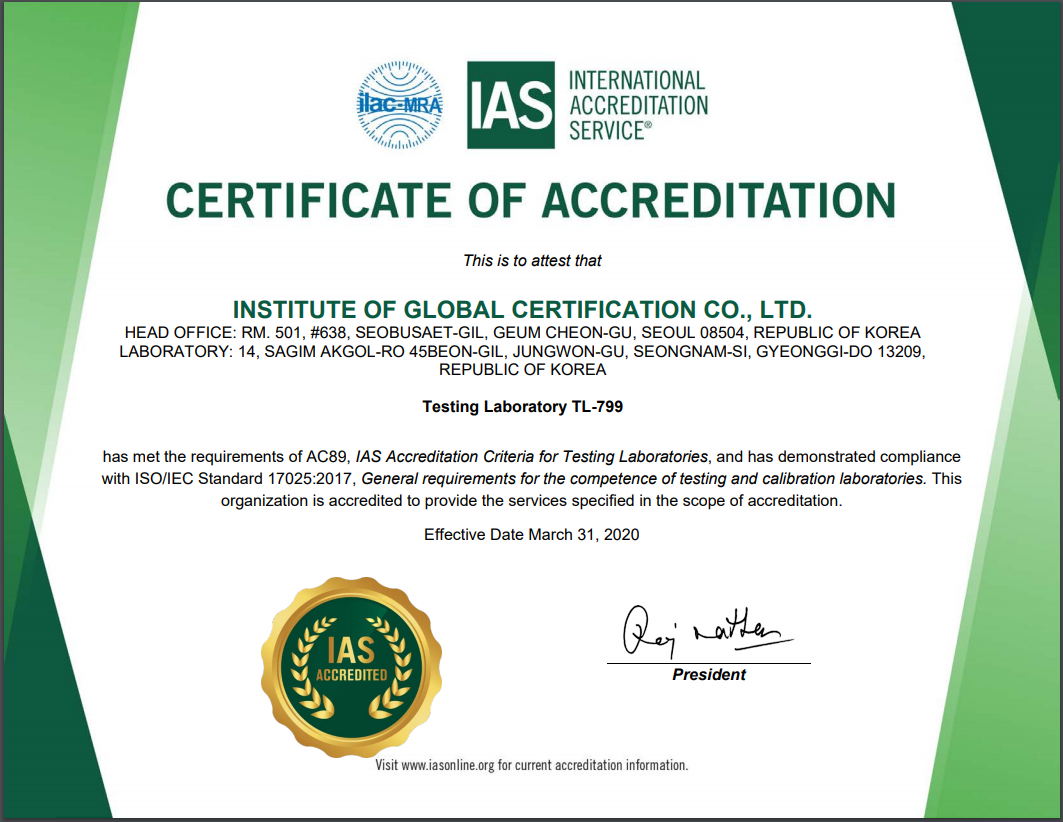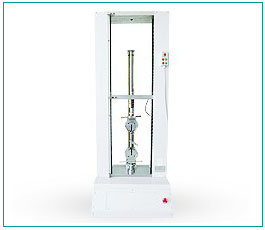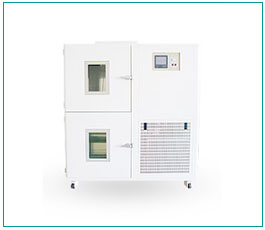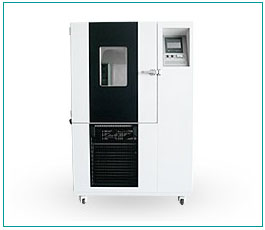Tel. +82 2 6749 0701
AM 9:00 ~ PM 6:00
Saturday,Sunday,Holiday :
Days Off
Many types of products require mechanical safety testing to be exported or imported to other major markets such as the European Union, the United States, etc. Mechanical breakdowns can cause injury or death to the user, so the importance has been highlighted for ensuring the user's safety.
Machinery manufacturers shall conduct a risk assessment together to determine the health and safety requirements applicable to the machinery. It is important to reduce risk and eliminate risk factors through protective and preventive measures.
Mechanical safety tests include an assessment of the shape and design of the product, whether it could cause injury to the user, and whether the user's body parts have been trapped, tightened or dislodged.
It also structurally evaluates the strength and durability of the product in its general use environment, and includes testing of specific product characteristics. Safety testing should also be included for key components such as screws and hinges used in finished products.
IGC's Testing laboratories are ISO/IEC 17025-accredited Testing laboratories by the U.S. accreditation body, IAS, and are issuing machinery test and test reports.
 For more information, please contact IGC’s Testing laboratory and we will help you with your answer.
For more information, please contact IGC’s Testing laboratory and we will help you with your answer.

Most commonly used for static testing in tensile or compression mode, also known as push-pull tester. Tensile, compression, shear, flexion, scale off, tear, cycle, and bending tests can be performed.

The thermal shock test is a test that assesses how the product is affected by sudden temperature changes. The test starts at room temperature and repeats the prescribed number of cycles, which are exposed for a relatively short period of time at very low (or high) temperatures and very high (or low) temperatures before returning to room temperature.
After finishing the last cycle, perform a visual inspection on Case, Lead/Terminal, etc. or check the normal condition of marking to magnify. If it is difficult to verify or if damage is found in Case, Terminal, etc., it is judged as Failure.

Equipment that can check durability of parts and equipment in high temperature and high humidity environment.
※ Note : In the case of B) and C), by writing a self-compliance declaration and storing the relevant technical documents to declare compliance with the specification, but CE marks cannot be affixed to the product or packaging.

IGC’s Testing laboratories have obtained accreditation for their mechanical testing work from the U.S. accreditation body, IAS to provide mechanical safety testing for a wide range of mechanical hazards and to support the customer’s products enter into overseas markets (TL-799).
IGC's Testing laboratories help manufacturers comply the legal requirements need for enter into the global market.
Related Services from IGC
01CE LVD/EMC Certification
02Eurasia Certification
03Product Registration (CPNP, FDA)
04Provide technical support services for testing and certification